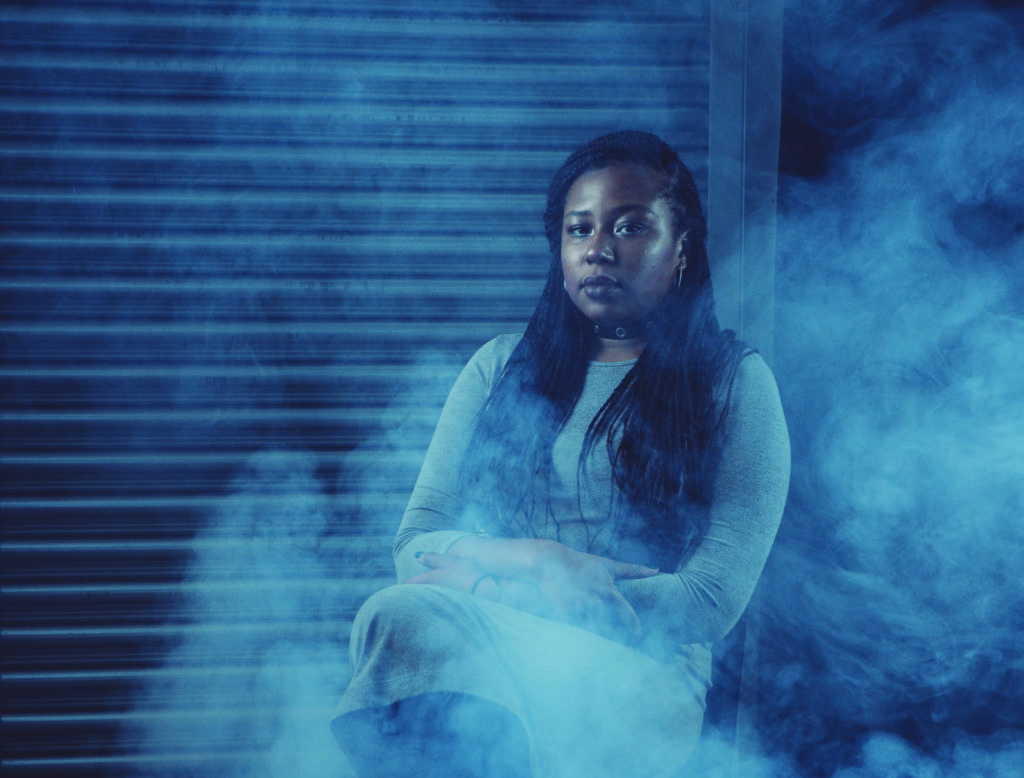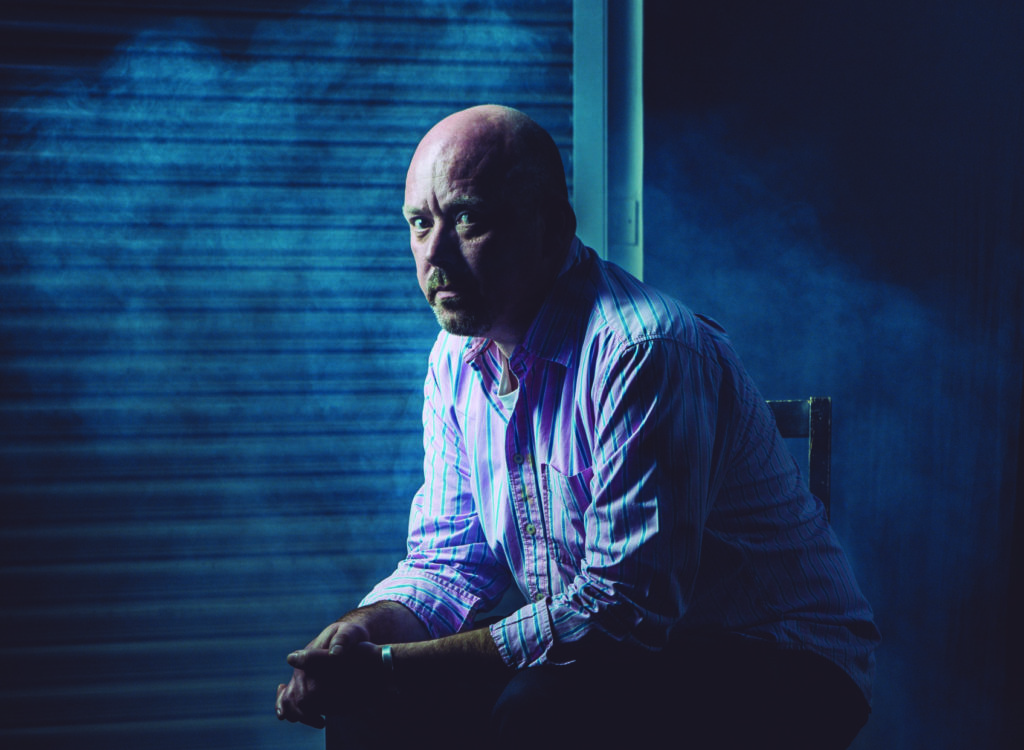LGBT+ people are far more likely to smoke than straight people, landmark study finds. Here’s why

For decades, LGBT+ people have experienced disparity. And it’s impacting their health, experts warn. (Queer Voices Heard, photographed by Robert Gershinson)
While smoking rates plummet in Britain, around seven in 10 LGBT+ people are a regular, casual or former smoker, a first-of-its-kind study found.
The study, released Tuesday by market researchers and content creation specialists Queer Voices Heard, found that while being queer does not start LGBT+ people on the road to smoking, it does keep them on it.
The full report is available now and can be downloaded by clicking here.
A blueprint for helping people quit smoking is one of non-judgemental support and lasering in on the root causes of why LGBT+ people smoke, the study authors said.
“In our study, we found that there are far more triggers to sustain smoking as an LGBT+ person, as well as fewer triggers to support LGBT+ people to quit,” Queer Voices Heard co-found Stu Hosker told PinkNews.
LGBT+ folk 46 per cent more likely to be found smoking, study says.
It confirms what many activists and health experts have long said and have tried to curb; that LGBT+ people are more likely to smoke than non-LGBT+ people.
Around 46 per cent more likely, to be exact.
Rates of non-LGBT+ smokers have vastly petered out, thanks, in part, due to rigorous campaigns that have corroded interest in smoking. LGBT+ people, however, feel excluded from such cessation campaigns.

Lauren, one of the respondents surveyed, slammed lawmakers and charities for lacking “the capacity or interest” to curb LGBT+ smoker rates. (Queer Voices Heard, photographed by Robert Gershinson)
Researchers behind the study heard a troubling situation for LGBT+ smokers where there are “few incentives” to quit once the habit has developed, as seven in 10 felt campaigns directed at them focus more on sexual health.
“Many don’t see themselves authentically represented in quit smoking campaigns,” Hosker said.
“Some mentioned the reliance on shock tactics around the impact smoking has on fertility and families with young children, and how this doesn’t feel relevant to many smokers within the LGBT+ community.”
‘LGBT+ people using nicotine is commonplace and unsurprising’, says health campaigner.
For decades, it’s been known that LGBT+ individuals experience a range of social, economic and health disparities – often fuelled by a culture and of laws that treat them as lesser human beings.
Echoing this, participants also often saw their sexuality and/or gender identity tangled in cigarettes. A finding that did little to shock researchers.
“The reasons for this are complex,” Dr Christian Jessen said, “but considering that members of the LGBT+ community are more prone to stress, anxiety and generally poorer mental health and depression, self-medication using nicotine or other substances is commonplace and unsurprising.”

James, one of the study respondents, described how smoking is a “big part” of his life and smokes a packet a day. (Queer Voices Heard, photographed by Robert Gershinson)
Indeed, England and Wales have seen anti-LGBT+ hate crime double in the last four years, raising a spectre of violence against a community still fighting for rights and social acceptance.
Cigarettes, the study suggested, offer queer folk a quick stress release as well as an opportunity to make meaningful connections.
Whether packing out smoking areas in gay clubs or stepping outside during Pride to ask for a light, queer spaces are vastly designed to effectively “enable” smoking. Around half of participants felt that smoking plays a significant part of the community and almost one third agreed that smoking, to them, was seen as a rebellious act that helped enforce their LGBT+ identity.
What is the next step?
In designing a pathway out of the stubborn statistics, the study recommends that, in the short-term, mental health gatekeepers “need to be made more aware of the issues that LGBTQ+ people face” and provide more “tailored resources” to queer folk.
Moreover, considering that 86 per cent of respondents who were casual or regular smokers said they wish to quit, there is certainly an opportunity to reduce smoking rates among members of the community.
In tackling root causes, more positive portrayals of LGBT+ people in the media are, Hosker said, crucial.
“Of course, this isn’t a zeitgeist of ‘queer culture’ that everyone ascribes to in the LGBTQ+ community, however, there is a perception of an association with pop culture references which often chime with LGBTQ+ smokers,” he said.
“Many LGBT+ smokers identified with characters who smoke in queer television programmes and films. Patsy and Eddie in Ab Fab. Heath Ledger and Jake Gyllenhaal around the campfire in Brokeback Mountain. Nathan Moloney smoking a cigarette before walking on to Canal Street for the first time in Queer As Folk.”
PinkNews recognises that smoking is the leading cause of preventable illness and premature death in the UK, and believes in healthy living for the LGBT+ and wider community.
PinkNews does not endorse smoking products or smoking alternatives unless used as part of a smoking cessation treatment plan within NHS guidelines.
PinkNews is the distributor of the findings of this report and did not contribute to the study’s data or have any editorial control over the content of the report. The findings and conclusions in the report are those of Queer Voices Heard and do not necessarily represent the views of PinkNews.
This research study is funded by Philip Morris Ltd. PML did not have access to the study’s data, nor had any editorial control of the report. The report does not necessarily represent the views of PML.

